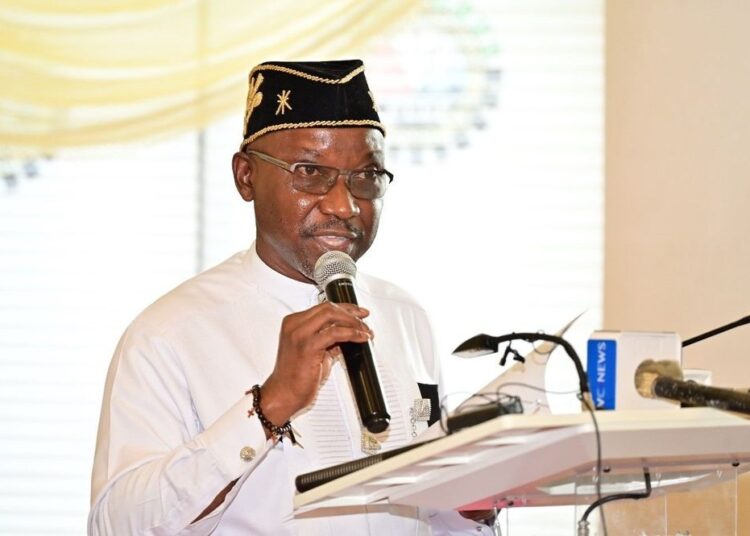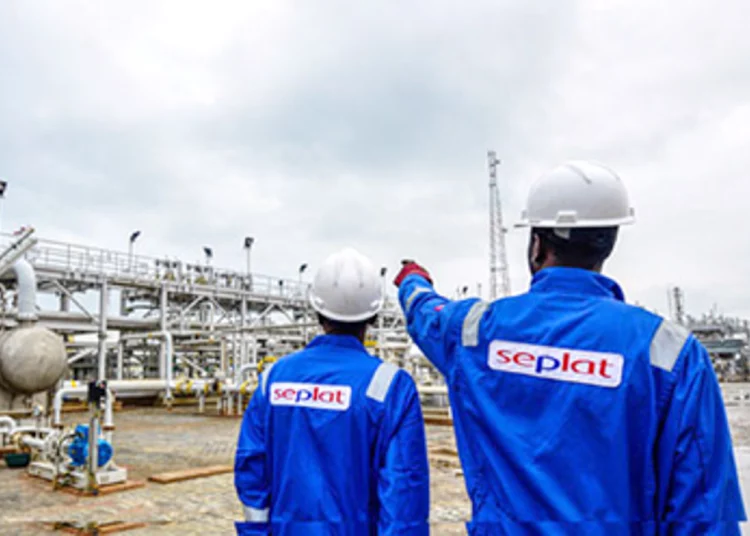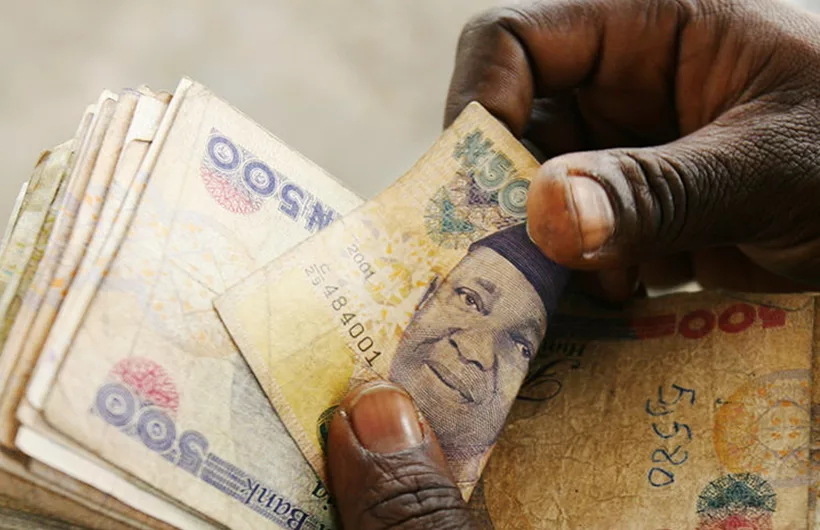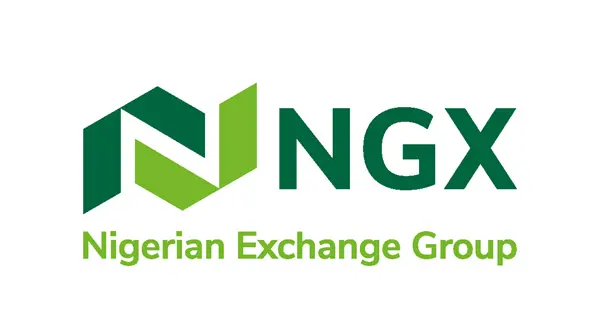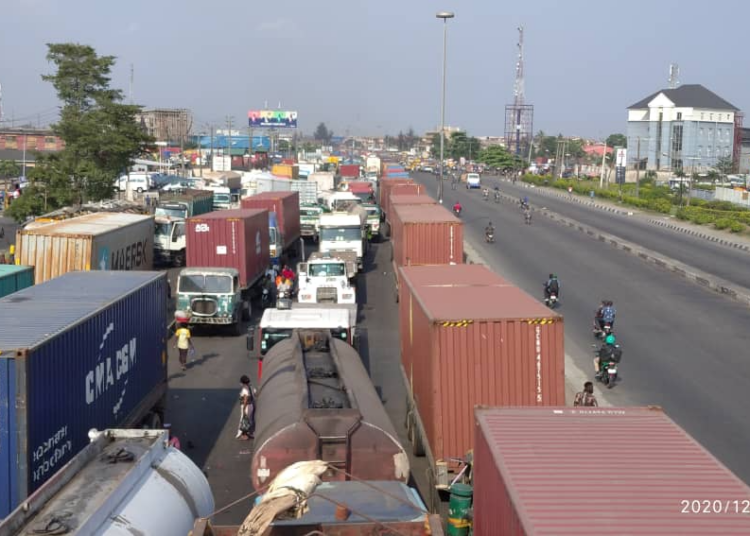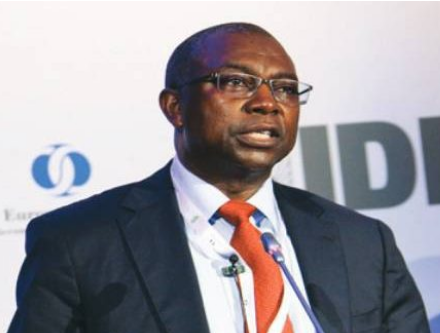
The Nigerian Marítime Administration and Safety Agency (NIMASA), on Monday, vowed to enlist the support of the United Nations (UN), over foreign insurance companies’ continued collection of war risk surcharge on Nigerian bound cargoes despite sharp reduction in piracy and sea robbery on the nation’s water.
LEADERSHIP reports that Nigeria pays a minimum of $400 million annually to the insurance firms when there has not been any attack on vessels in the last two years.
However, speaking during an interactive session with the media on Monday, the director general of NIMASA, Dr. Dayo Mobereola, said NIMASA has initiated discussions with key international partners, including taking the matter to the United Nations.
He stressed that with the backing of the UN and other international stakeholders, Nigeria would be in a stronger position to challenge the insurers, forcing them to adjust the premiums in line with the actual risk.
“We’ve engaged them, and we’re taking it to the United Nations. The UN is going to support us, and we will be able to take it to the insurers who will have no choice but to reduce it as well,” Dr. Mobereola asserted.
The NIMASA DG also highlighted the need for Nigeria to collaborate with international maritime organisations to tackle the entrenched practices that sustain the war risk premium.
The NIMASA boss stated that despite the significant improvements in maritime security, the surcharge continues, saying it has inflated the cost of trade for Nigeria, underlining the need for a coordinated international effort to address the issue.
“In all honesty, Nigeria alone cannot do it. We need the international maritime organisations to be with us,” he stated.
He stated further that the war risk surcharge is not determined by the actual risk level but by a cartel profiting from the status quo.
“Despite Nigeria’s concerted efforts to curb piracy and enhance maritime security, the war risk premium has not seen a corresponding decrease. Even if we have zero piracy and no security incidents for the next ten years, if we don’t force the issue, they will continue to charge us,” Dr. Mobereola stated.
He argued that these premiums, which significantly elevate freight costs for imports and exports, are being artificially sustained by insurers who are well aware of the improved security situation but prefer to maintain the high charges to maximise profits.
However, the NIMASA boss said the agency under his administration will work to raise the maritime industry’s contribution to the country’s Gross Domestic Product (GDP).
The NIMASA boss said improving maritime contribution to the GDP requires that every aspect of local maritime industry is productive, beginning with a very robust cabotage trading through vessel acquisition by local shipowners and availability of cargo for them to lift.
According to the DG, the country needs to improve on what the maritime industry is contributing to the GDP and the agency intends to achieve this by a set of enforcements including deployment of the modular floating dock, seeking the appropriate and relevant training for cadets and boosting cabotage trade.
He said: “We are reviewing the process of how the vessel’s crew are being engaged. We are also working to ensure that the cadets we produce under the National Seafarers Development Programme (NSDP) are good products after training. All these issues are on our table. There’s not a single day we don’t deliberate on them.
“We are also working on deploying the modular floating dock. We have many proposals on the table but we want to make sure that a good decision is reached on it. We want to put it to use as soon as possible. It will create employment for our trained cadets, earn revenue and improve the sector, but we want to do it right.”
Copied

